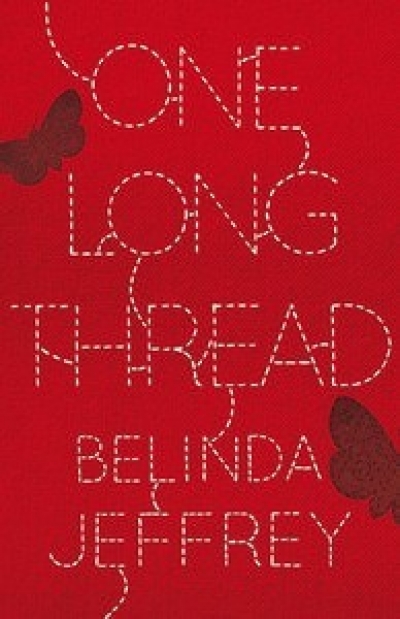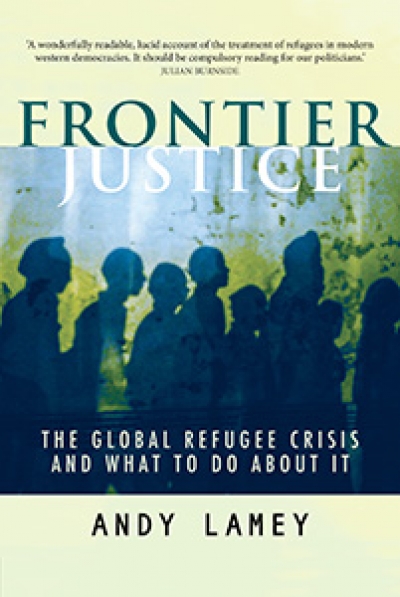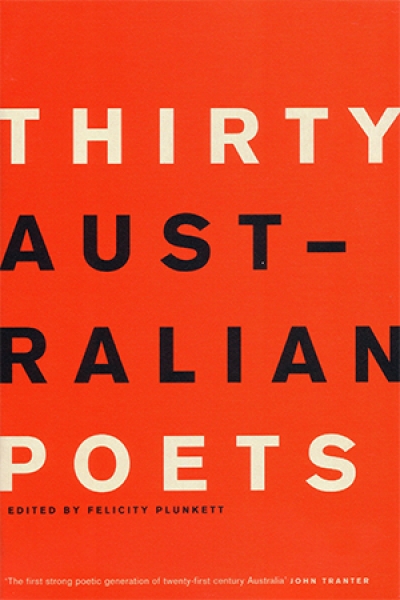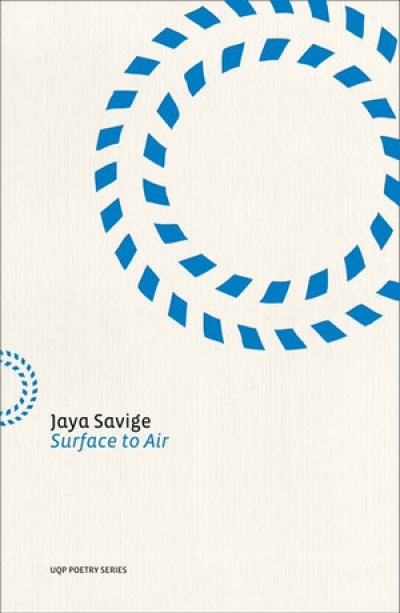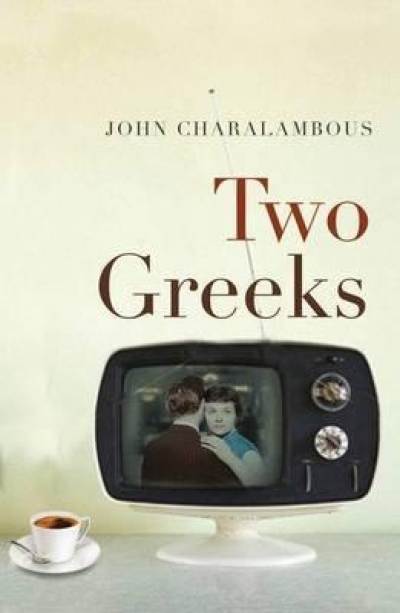About a third of the way into Simon Cleary’s Closer to Stone, all of the preceding distinctively phrased metaphors and similes, all of the fragrant, lucid imagery – along with some that is rather less than lucid: how, exactly, does one pick up a drink and take a ‘deep sip’? – begin to meld into a compelling whole. Narrator Bas Adams, scouring the immense unknown of the Sahara Desert in southern Algeria for his brother Jack, who has been absent without notice from duty as a United Nations peacekeeping soldier, has come across the woman who last saw him alive. Sophia, a strong-willed, self-sufficient American schoolteacher, informs Bas that Jack had been undergoing a process of recuperation, though not from any physical ailment: ‘his need,’ she says, ‘was like a wound [...] he was dying inside, and he had the courage to choose another life.’
...
(read more)

